Google executives are concerned that Samsung's influence on Google's Android operating system is too strong, and the search giant is turning to its other Android partners in hopes of getting back some leverage on the South Korean conglomerate.
The Wall Street Journal on Tuesday carried word that Google is concerned about Samsung's preeminence in the Android smartphone segment. Samsung, chief rival to Apple, accounts for about 40 percent of Android device sales.
Samsung shipped 215.8 million smartphones last year, most running Android. That figure accounted for 39.6 percent of the global smartphone market. In addition to its 40.2 percent share of Android-based smartphones, Samsung also manufactures about 27.9 percent of Android tablets on the market, up from 15.6 percent in 2011.
In terms of who is making money off smartphones, the picture is even more grim, with Apple and Samsung estimated to grab 106 percent of smartphone profits when taking into account losses by other manufacturers' mobile divisions.
Google executives, The Journal holds, worry that Samsung could use its position as the leading Android manufacturer to renegotiate its arrangement and eat into Google's mobile-ad business. With that in mind, the search giant is said to have met with other manufacturers at Mobile World Congress in Barcelona in the hopes that their devices could challenge Samsung.
Currently, Samsung receives more than 10 percent of the revenue Google generates from mobile search. The fear, according to reports, is that Samsung could demand a higher share of the online advertising revenue Google gets from Android devices.
Possibly worse, the company could "fork" Android — much in the same way that Amazon has for its Kindle Fire line of devices — and cut Google out of the equation entirely. Alternately, Samsung could shift its devices to its own operating system, dubbed Tizen, which features a limited degree of interoperability with existing Android apps.
Google, though, is not without recourse. Should its relationship with Samsung take a turn for the worse, the search company could increase its efforts to improve the standing of Motorola, which it bought last year for $12.5 billion. Already, Google is said to be working on a "game changing X Phone" within Motorola. Such a device, should it live up to the hype, would have the triply beneficial effect of reestablishing Motorola, further combating Apple, and balancing Samsung in the Android sector.
 Kevin Bostic
Kevin Bostic


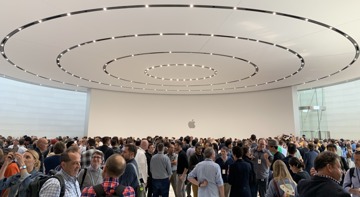
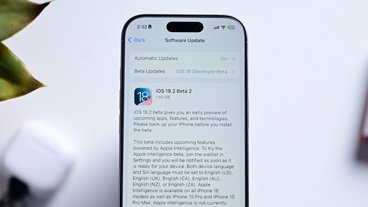








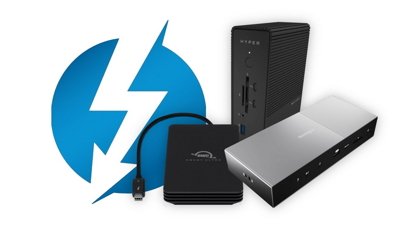
 Malcolm Owen
Malcolm Owen
 Amber Neely
Amber Neely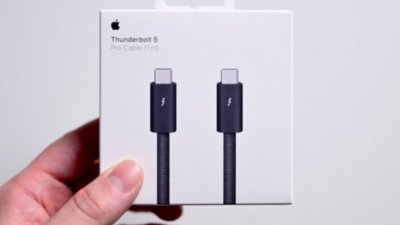
 Andrew O'Hara
Andrew O'Hara
 William Gallagher
William Gallagher

 Christine McKee
Christine McKee
 Andrew Orr
Andrew Orr
 Charles Martin
Charles Martin


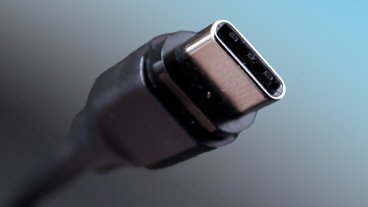





27 Comments
Maybe they've created a monster. Karma is a bitch.
The only way this would work is if they fork it in such a way they could work a deal with Amazon for their App Store. Otherwise, why bother? As we all know, ecosystem is the key. If there's no developer support they're just as DOA as the Blackberry and Windows Phone reboots. Is a consumer going to buy a frankenphone with Bing Search, Amazon Apps, ?? for maps...they'd be really stupid to. I don't think that's the issue, the issue is money, ad money. Would love to see them try and crash and burn though.
[quote name="Robin Huber" url="/t/156188/as-samsungs-market-share-grows-so-too-do-tensions-with-google#post_2284403"]Maybe they've created a monster. Karma is a bitch. [/quote] I heard a rumor that the new Googorola phone is going to be called "The Re-Animator".
Things are getting more complex as Samsung is trying to distance itself from Google. Samsung just cannot stand watching Apple taking in huge profits even though Apple is way behind smartphone market share. News are coming out of Korea about Samsung installing their own version of iTunes on Galaxy S4 which will be revealed next month.(it might even be called 'GalTunes'...funny. Their new e-books store interface is 100% copy of iBooks by the way.) It's obvious Samsung is trying to copy Apple's ecosystem model because they want to make extra money with contents and software. But I believe Samsung will fail miserably in their attempts to copy Apple(and Google)'s ecosystem because they just don't know how to do software. Their new Tizen OS UI looks like cheap version of Firefox OS and I think Firefox and Ubuntu have better chance of eating into Android market share than Tizen.
Samsung and Google deserve what they have created....a dogsh*t business model!